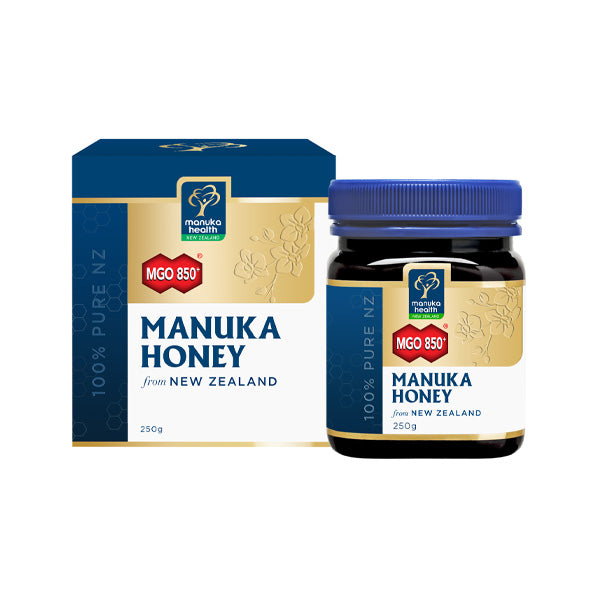In the realm of herbal remedies, raspberry leaf tea stands out as a time-honored tonic that has captured the attention of health enthusiasts for generations. Derived from the leaves of the red raspberry plant (Rubus idaeus), this tea has been cherished for its potential to offer a plethora of health benefits. From supporting women's health to aiding digestion, raspberry leaf tea has become a staple in many households. In this article, we will delve into the potential health advantages of raspberry leaf tea, backed by scientific research.
- Women's Health: A Soothing Companion Throughout the Stages
One of the most well-known uses of raspberry leaf tea is its association with women's health. Throughout history, it has been revered as a uterine tonic, especially during pregnancy. Research suggests that raspberry leaf tea might help tone and strengthen the uterine muscles, potentially aiding in smoother contractions during labor. A study published in the Journal of Midwifery and Women's Health indicated that women who consumed raspberry leaf tea experienced a reduced likelihood of medical intervention during childbirth. However, it's important to note that while the tea might offer benefits, it's advisable for pregnant individuals to consult their healthcare provider before incorporating it into their routine.
- Digestive Harmony: Easing Discomfort Naturally
Raspberry leaf tea has also gained recognition for its potential to support digestive health. Traditionally used to alleviate digestive discomfort, it is believed to possess mild astringent properties that could aid in soothing gastrointestinal issues. A study in the journal Pharmaceutical Biology highlighted the antimicrobial activity of raspberry leaves, which could contribute to a balanced gut environment. While more research is needed to comprehensively understand its effects on digestion, incorporating raspberry leaf tea into your routine might offer gentle relief from digestive discomfort.
- Antioxidant Richness: Guarding Against Oxidative Stress
Antioxidants play a crucial role in protecting our cells from oxidative stress and potential damage caused by free radicals. Raspberry leaf tea has demonstrated notable antioxidant potential, thanks to its content of polyphenols and flavonoids. A study published in the Journal of Herbal Medicine identified the significant antioxidant activity of raspberry leaves. By integrating this tea into your daily regimen, you might empower your body's defense against oxidative stress, potentially contributing to overall well-being.
- Immune Support: Nurturing Your Body's Defense
Supporting the immune system is a vital aspect of maintaining good health, and raspberry leaf tea could play a role in bolstering your body's defenses. The tea contains essential vitamins and minerals that contribute to immune function. Moreover, its potential antimicrobial properties might aid in warding off certain infections. While raspberry leaf tea should not replace conventional immune-boosting practices, it could be a delightful addition to your wellness routine.
- Nourishing Nutrients: A Natural Source of Goodness
Raspberry leaf tea is a treasure trove of beneficial nutrients. It contains vitamins such as vitamin C, vitamin E, and various B vitamins, along with minerals like calcium and magnesium. These nutrients are essential for various bodily functions, from supporting bone health to aiding in cellular processes. By incorporating raspberry leaf tea into your diet, you're infusing your body with these vital nutrients in a natural and delicious way.
Incorporating Raspberry Leaf Tea: A Word of Caution
While raspberry leaf tea offers promising potential benefits, it's important to exercise caution and consult with a healthcare professional before introducing it into your routine, especially if you are pregnant, nursing, or have pre-existing medical conditions. Additionally, remember that herbal remedies can interact with medications or cause allergic reactions in some individuals, so it's crucial to prioritize safety.
In conclusion, the rich history of raspberry leaf tea as a wellness tonic is supported by growing scientific evidence. From aiding women's health to offering digestive support and antioxidant benefits, this herbal brew holds a place of reverence in the realm of natural remedies. By understanding its potential advantages and consulting with a healthcare expert, you can unlock the wellness power of raspberry leaf tea and embark on a journey toward holistic health.
References:
- Simpson M, Parsons M, Greenwood J, Wade K. Raspberry leaf in pregnancy: its safety and efficacy in labor. Journal of Midwifery and Women's Health. 2001;46(2):51-59.
- Alkofahi A, Atta AH, Aqel M. Anti-diarrheal activity of some medicinal plants used in Jordanian traditional medicine. Pharmaceutical Biology. 1997;35(1):20-25.
- Jiménez-Zamora A, Rojas-Garbanzo C, Isaza-Martínez JH, Murillo-Arbizu M, Pérez AM, Granados-Pastorín G. Antioxidant and antimicrobial activity of extracts, infusions and decoctions of selected medicinal plants from Ecuador. Journal of Herbal Medicine. 2018;14:24-31.




